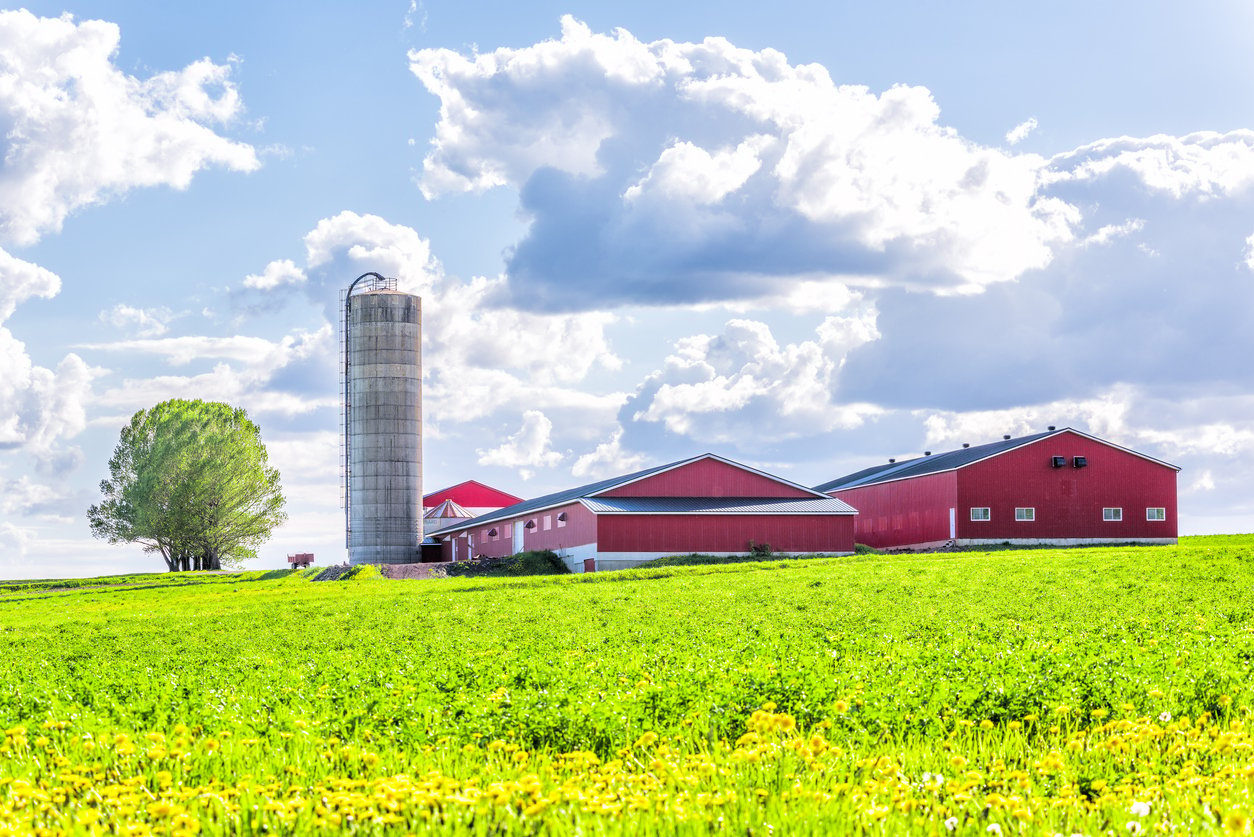However, hiring temporary foreign workers is inconvenient due to the government’s submission of paperwork and awaiting approvals from the government. The process is often time-consuming, costly, and accompanies different uncertainties. One of the difficulties is worrying about whether the government will approve your request or not. Employers also wonder if the worker will arrive in the country on time and support pending operations.

Agri-Food Immigration Program Is the Way to Go
Canada has opted for immigration programs that fill job positions left vacant due to a lack of prospective applicants in Canada. Up to 2,750 foreign workers are expected to be admitted to Canada annually for the next three years. Yet, the figure will not meet the targeted number of employees needed in the agri-food industry. More Canadians are expected to retire in the next ten years hence affecting other sectors.
The agri-food immigration program’s introduction intends to fill different occupations and become a solution to the sector. The Immigration, Refugee, and Citizenship Canada (IRCC) have prioritized different professions for immigrants. Some of these areas are the production in meat, mushrooms, floriculture, and greenhouse. The same is anticipated for other industries to improve the country’s economy.
Access to more reliable and efficient foreign workers provides a constant labor supply that alleviates shortages of employees. In turn, it supports the Canadian economy and prevents significant losses of revenue. By 2025, Canada aims to increase domestic sales to $140 billion from $110 billion and exports from $65 billion to $85 billion. Agri-Food Immigration Program is a starting point to meet the targeted figure of temporary foreign workers in Canada.






